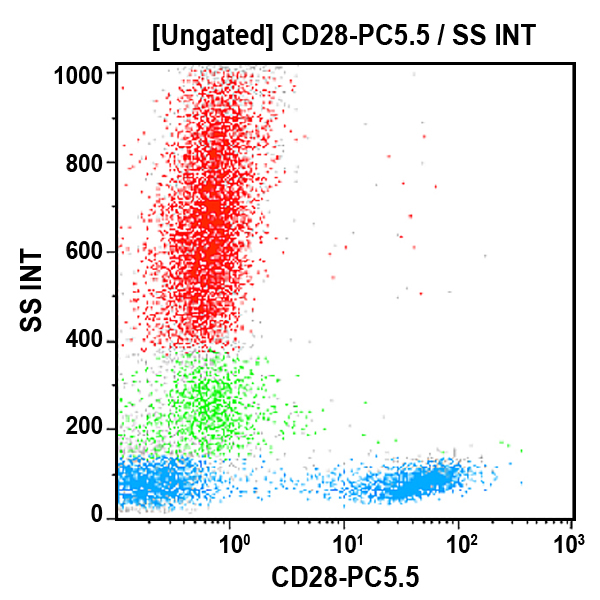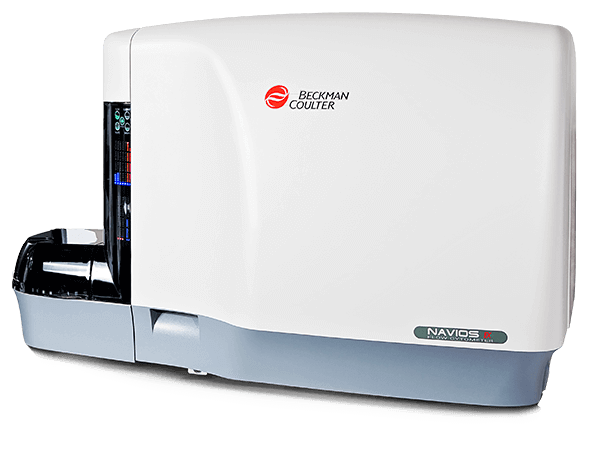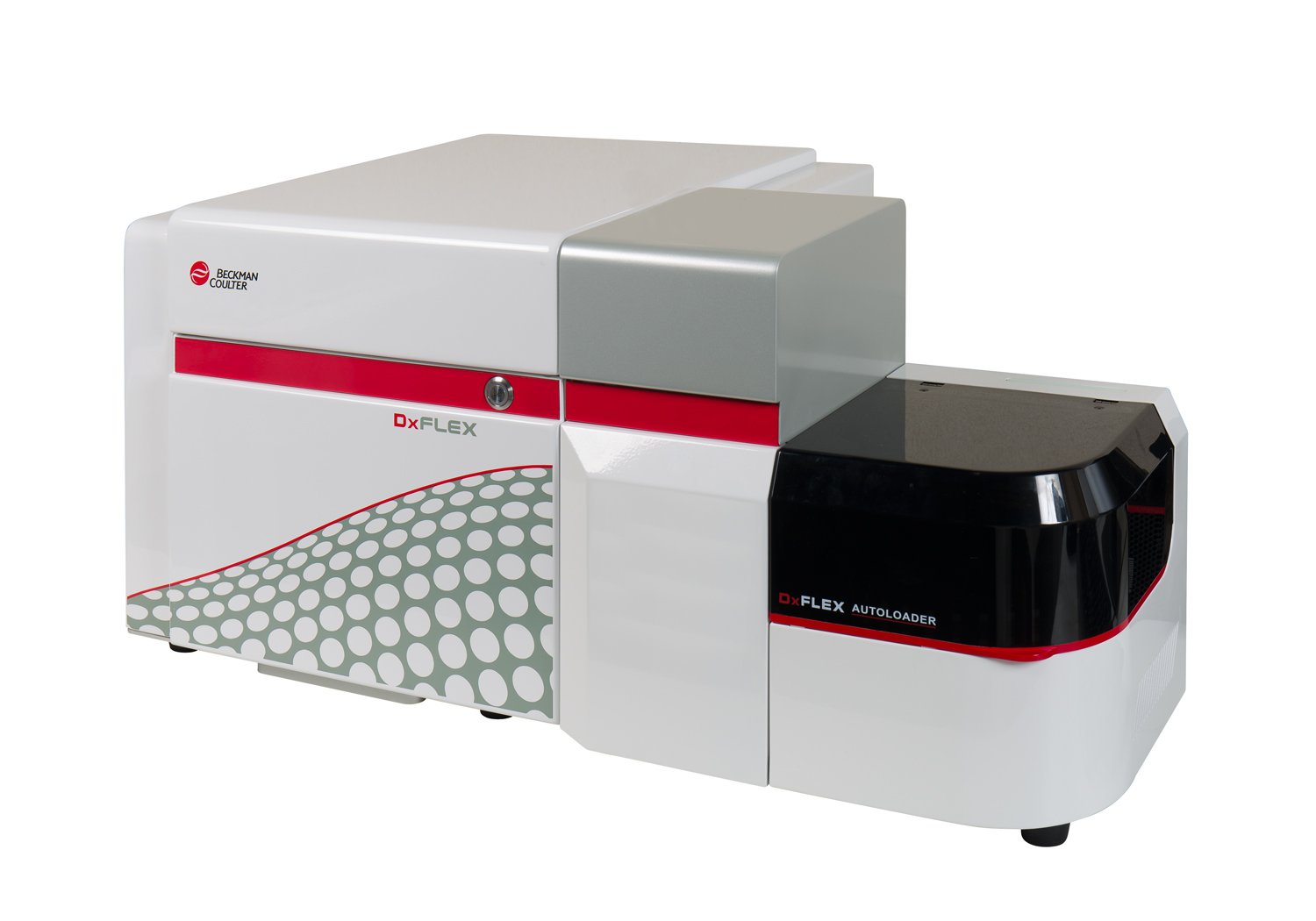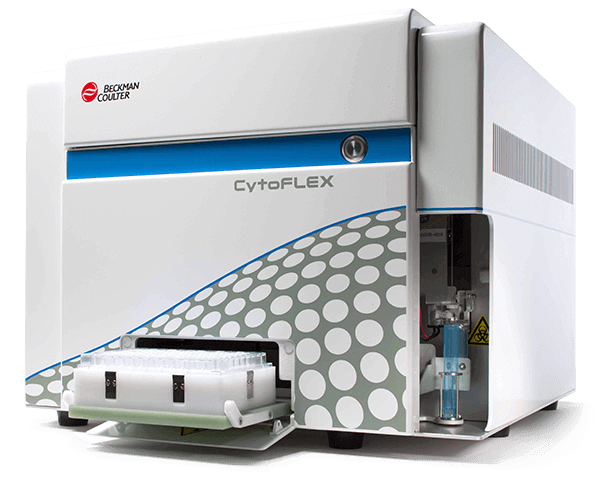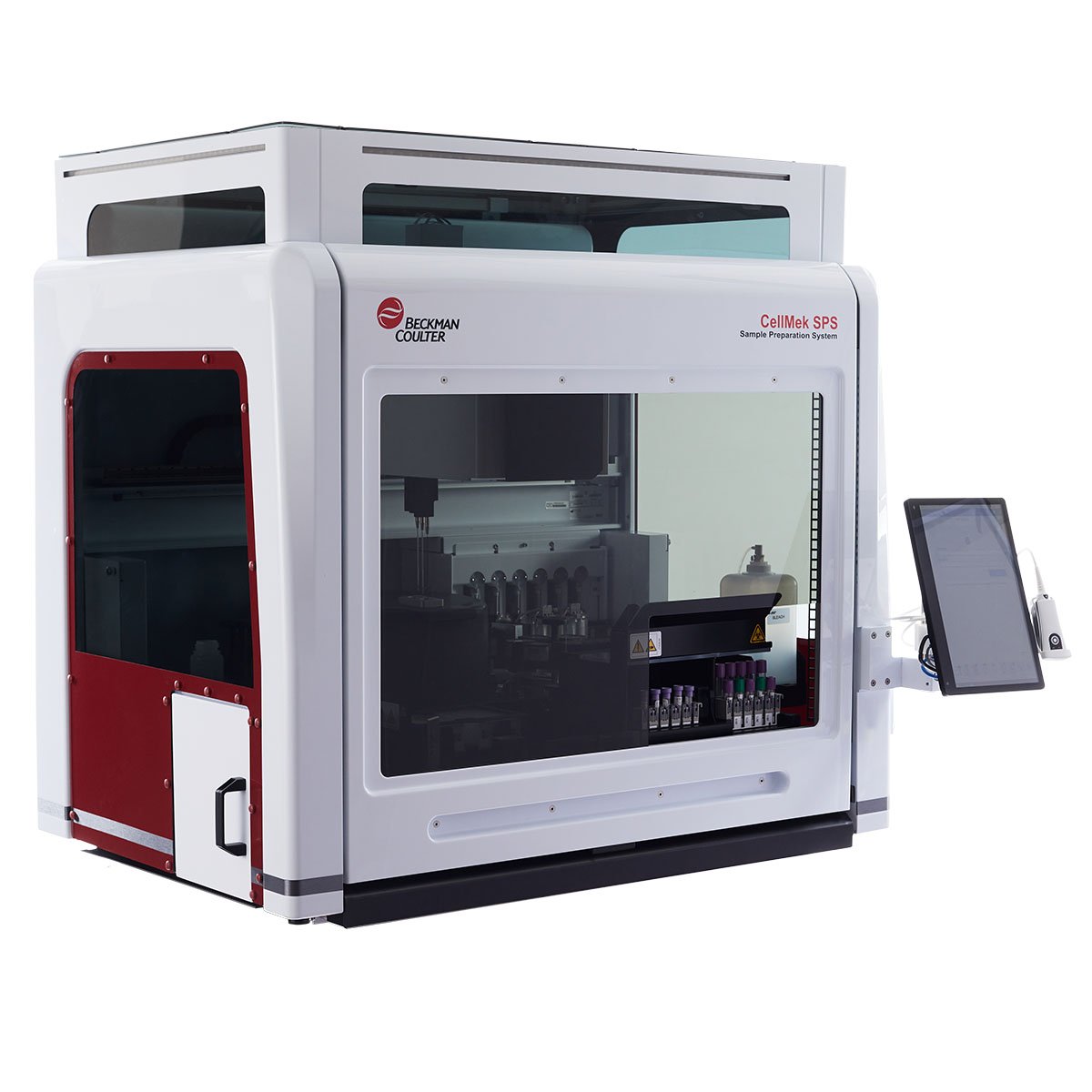CD28 Antibodies
The CD28 antigen (Tp44) is a homodimer of disulfide-linked chains, with a molecular weight of 44 kDa each. It is involved in the interaction of T lymphocytes with antigen-presenting cells (APCs), through its counter‑receptors, B7-1/BB-1 (CD80) and B7-2/B70 (CD86). It provides a major co-stimulatory signal for T cell activation, proliferation and lymphokine production. The CD28 family of receptors (CD28, CTLA-4, ICOS, PD-1 and BTLA) plays a critical role in controlling the adaptive immune response. The CD28 receptor can enhance T cell antigen receptor (TCR) signals, as well as deliver independent signals. Although the signals through CD28 are crucial for the initial co-stimulation of interleukin-2 (IL-2) production, a TCR-independent CD28 signal leads to the selective transcription of survival, but not proliferative genes. CD28 is expressed by a majority of CD3+ T lymphocytes. CD4+ T lymphocytes express the CD28 antigen more frequently than do CD8+ T lymphocytes. CD28 antigen is also present on plasma cells and thymocytes.
| Clone: CD28.2 | Isotype: IgG1 Mouse |
| The CD28.2 monoclonal antibody costimulates T cell proliferation and cytokine production in the presence of T cell activators (αCD3, PMA, SEB). It inhibits proliferation of CD4+ T lymphocytes. It cross-reacts with Rhesus monkey peripheral blood lymphocytes. | |

